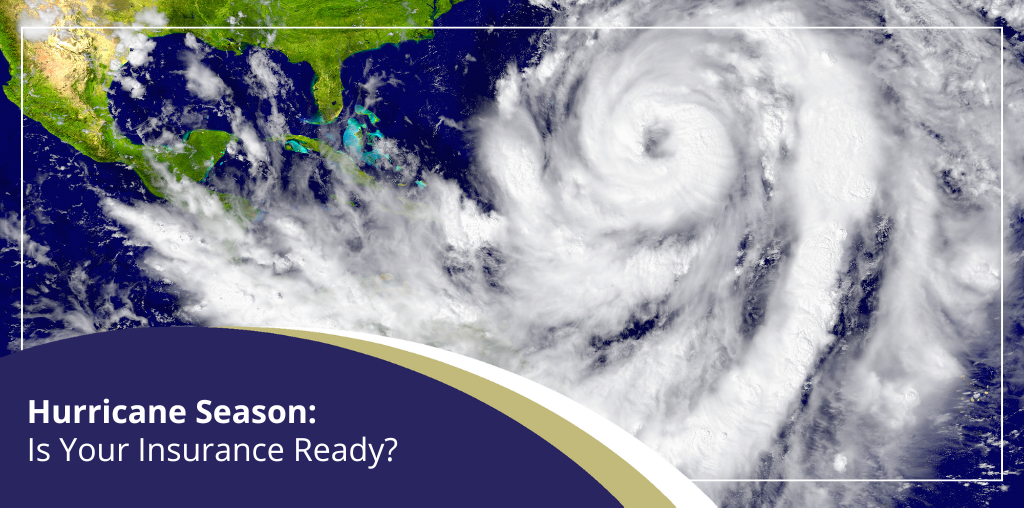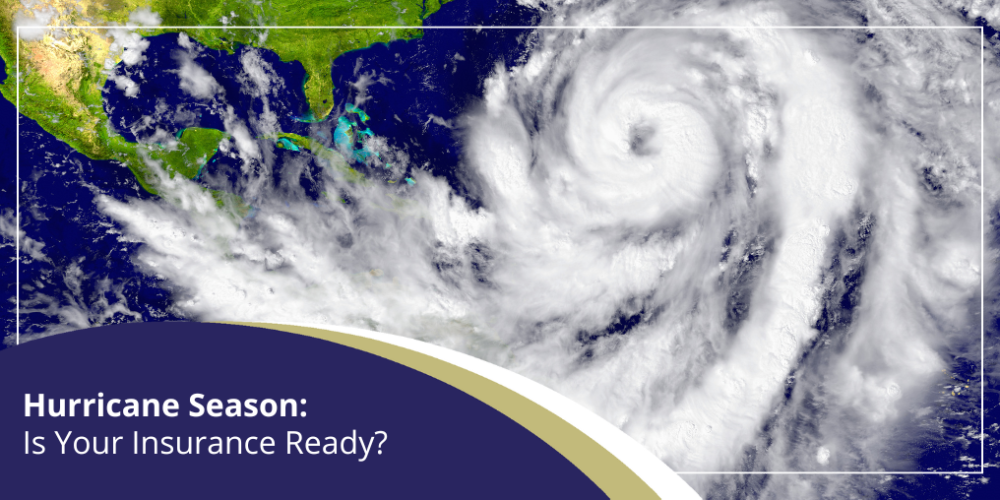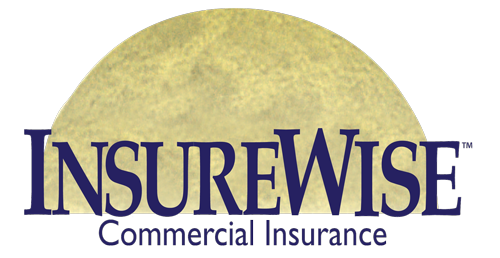- April 28, 2024
- Posted by: thinkjcw
- Categories: Hurricane Season, Property Insurance


Is Your Property Insurance Hurricane-Proof?
As hurricane season approaches, it’s time to ask: Is your property insurance prepared for the storm? Predictions indicate a highly active 2024 Atlantic hurricane season, so understanding the intricacies of your property insurance coverage is more crucial than ever. Post-disaster is not the time to find out the limitations and exclusions of your insurance policy.
Why Insurance Policy Language Matters
Imagine discovering that a single word in your insurance policy could exclude you from coverage for a loss you thought was covered. Specifically, if the policy includes the term “direct” in its description of covered events, it implies that only losses caused directly by the named event (such as physical damage from a storm) are covered. This means that “indirect” losses, which might include lost business income due to having to shut down operations for repairs, would not be covered unless expressly stated. This kind of specific insurance policy language can significantly affect your claim coverage, so it’s important to pay attention to it.
Choosing the Right Insurance Partner
An insurance policy is a legal contract between you (the insured) and the insurance company (the carrier). Both parties are bound to the terms and conditions of the policy. So, it’s important to read and understand the policy before signing.
If you are working with an insurance agent, you need to ask yourself: “Can I trust that this agent and the insurance company have my best interest in mind?”
Years ago, a certain insurance carrier, was notorious for finding ways to avoid paying claims. Yet many unknowing business owners bought insurance from this carrier. Their agents either didn’t know or wouldn’t tell their clients about the insurance company’s sketchy business tactics. Is this action deserving of trust?
Understanding Property Coverage During Hurricane Season
Your property insurance should protect your physical facilities, its contents, equipment, loss of income and extra expenses to restore business operations.
Named Peril vs All Risk Policies
Pay attention to how the insurance company defines the cause of a loss that it covers. Insurance policies can be divided into two main types based on this:
1. Named Peril:
This type of policy only covers losses caused by specific events listed (or named) in the policy, such as fire or wind damage. If the cause of the loss isn’t listed, it’s not covered.
2. All Risk:
This type of policy is more comprehensive and covers losses from any cause, except for those specifically excluded in the policy. Despite its name suggesting it covers everything, it has exclusions. For example, All Risk policies do not cover flood damage, and you would need additional coverage for that.
In both cases, it’s important to know what exclusions apply, as these will define what the insurance policy does not cover, even in policies that seem to cover “all risks.”
Co-Insurance Explained
Co-insurance is a condition that requires you to insure your property for a certain percentage of its replacement cost (or cost to rebuild), typically around 80%. Here’s what that means:
Accurate Valuation:
You must estimate the true value of your property and insure it for at least 80% of that amount. This is to make sure you are not underinsuring your property, which could lead to lower premiums but insufficient coverage.
Effect of Underinsurance:
If the amount of insurance you purchase is less than the required percentage of the property’s value (for example, you insure it for only 70% of its value), and you have a loss, your claim payout will be reduced proportionally.
Essentially, co-insurance requires you to insure your property adequately. If you do not, you risk receiving a lower payout in the event of a claim, which could negatively affect your recovery from a disaster.
Claim Payouts
When an insurance policy pays out for a loss, it uses a specific method to determine the amount you receive. Here are the common methods used:
1. Replacement Cost:
This method pays the amount it would cost to replace the damaged or lost item with a new one of similar kind and quality, without deducting for depreciation (up to the policy limit).
2. ACV (Actual Cash Value):
This pays out the cost to replace the item minus depreciation, reflecting the item’s current value at the time of the loss.
Hurricane Season: Is Your Property Insurance Ready?
There are two ways to find out: consult with an independent agent like InsureWise to assess your insurance program or wait until a loss happens. The choice is yours!
